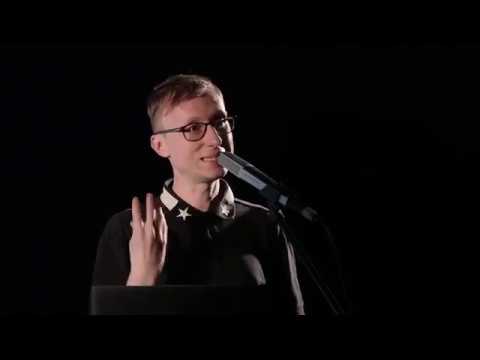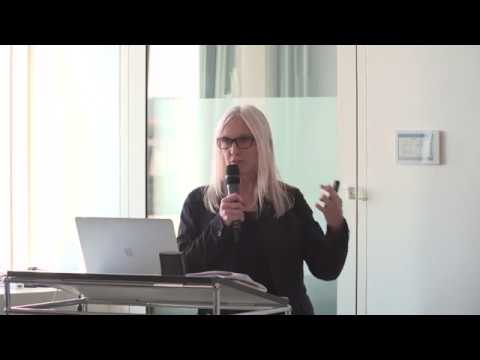How could values and relations shift through the experience of aerosolar drifting?
The interdisciplinary talks program of the Aerocene Festival synthesises two research nodes of Aerocene’s open-access network of knowledge sharing and production: aeropolitics and aerochange. Bringing the intimate entanglements of economy, politics and ecologies to the fore, individual presentations reflect on how the multitudes of movements, whether human, capital, toxicity, political or cultural imaginaries, are shaping the era of climate crisis in the Capitalocene on Planet Earth, propelled up through the atmosphere and further, to the extended cosmic environment.
Open in spirit and encouraging participation of voices, the following discussions and related Think Tanks complete the Aerocene Festival Talks Program, providing a platform for awakening drifting imaginaries and the speculative prototyping of relations, governance and common values beyond the physical and immaterial borders of our time, towards other possible futures in Aerocene.
Friday 6 Sept, 17—19:30
DRIFT THE POLITICS!
Mediated by Erik Bordeleau
With Tomás Saraceno, Avenir Institute (Denis Maksimov + Timo Tuominen), Susanne Witzgall and many many more.
17:00 Aerocene
Tomás Saraceno
17:30 Introduction to Aeropolitics
Avenir Institute (Denis Maksimov + Timo Tuominen)
18:00 The art of relating differently
Susanne Witzgall
18:30 Open discussion
with Erik Bordeleau, Denis Maksimov, Tomás Saraceno, Timo Tuominen, Susanne Witzgall and all present.
Saturday 7 Sept, 11—13:30
COMMON VALUES, COMMON AIR!
Mediated by Susanne Witzgall
With Erik Bordeleau, Emanuele Braga, Ayushi Dhawan, Beate Engl and many many more.
11:00 Aerocommons: a Cosmos-financial Proposal
Erik Bordeleau
11:30 Powered by - The dilemma of art in outer space
Beate Engl
12:00 Radical Finance
Emanuele Braga
12:30 India’s Shipbreaking Business, Emerging Economies, and the ‘Right to Pollute’
Ayushi Dhawan
13:00 Open discussion
With Erik Bordeleau, Emanuele Braga, Ayushi Dhawan, Beate Engl, Susanne Witzgall and all present.
THINK TANKS, Saturday 7 Sept, from 15:30
ECOLOGIES OF TRUST
Erik Bordeleau
RADICAL FINANCE
Emanuele Braga
DE-POWERING STRATEGIES
Beate Engl
TOWARDS AEROPOLIS
Avenir Institute
Towards the talks and think tanks at Aerocene Festival, we wish to exchange and discuss around the ideas present, aiming to bring your thoughts to the festival and festival-generated-points back to the forum - in this way, we may keep the conversations active between events and facilitated more exchange between forum participants and the events’ local participants.
Some initial readings from the program participant’s work to date: Zero Degree Project for Cooling off Capital Part 1: Initial Ecosystem Offering (IEO); and Part 2: Elements for a Cosmo-Financial Proposal; Re-engineering finance as an expressive medium; Hazardous Hope – The Debate “An Academic Play in One Act”; Hope in the Murky Waters of the International Shipping Industry; Mumbai Deluge 2017: Nowadays Rain Gods Have a New Tool—Plastic Bags!; steɪt əv nəʊlænd: On potent futures post- sovereignty, nationalism & imperialism; Suprapolitics [1]; The Micropolitical Ecology in The Age of Data; Scenarios and Visions based on Experimentations in Alternative Economies: The Case of CommonCoin, FairCoin, and Bank of the Commons; Alternative Currencies: Alternative Economies; Eco-artivismus und Designinterventionen; Nach der Wissenschaft und über die Kunst hinaus.
Do you have any further readings, or watches, that could expand the dimensions of the debate(s)? Let’s discuss!
Mid-Aug, festival papers from all involved will be released - we hope to enjoy diving further into the topics together ![]()


![Emanuele Braga & Paolo Caffoni_ Alternative Currencies: Alternative Economies [Synapse 1]](https://forum.aerocene.org/uploads/db8987/original/1X/358ab9ad198a0906cd7050bd8549b791c07f47bd.jpeg)
